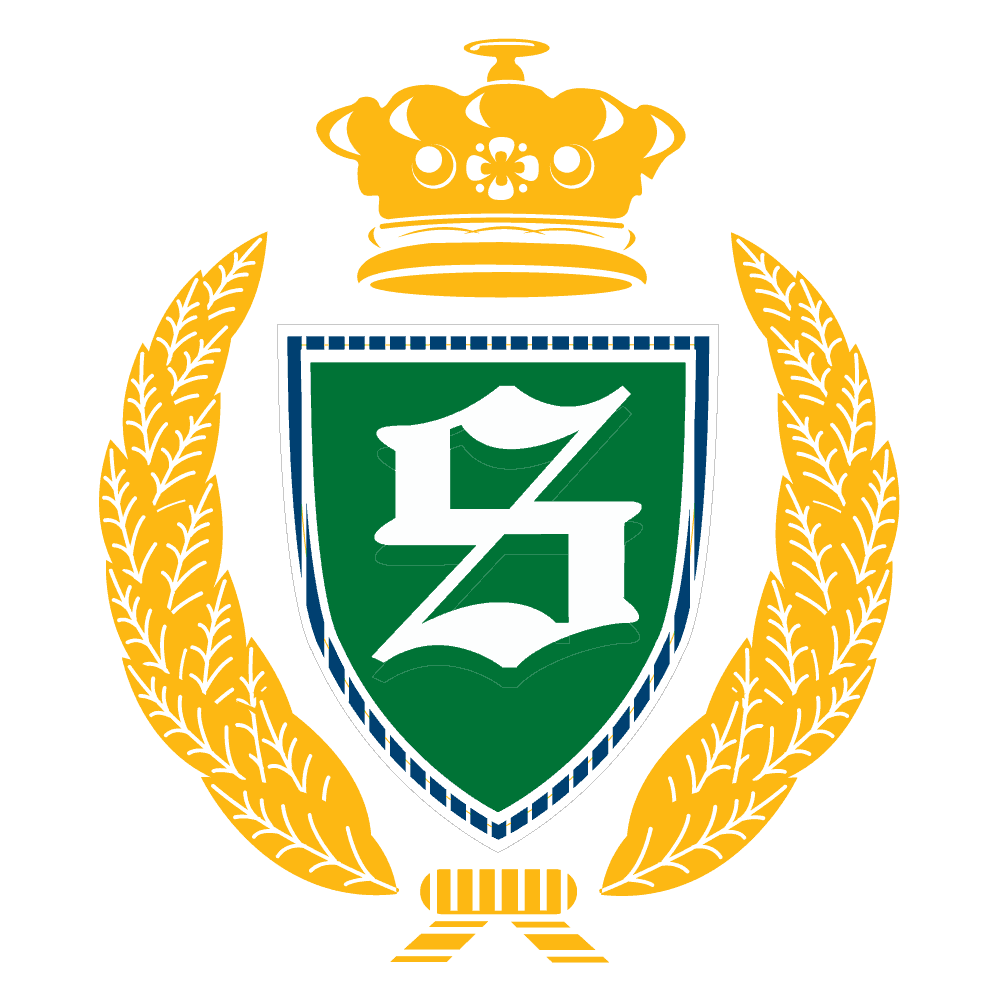Struggling to motivate your young learners in your ESL class? If so, read on for 10 tips on how to motivate your young learner students.
Why Motivation is Important (for Young Learners Specifically)
Teachers know that motivation in a class can make all the difference; however, motivating young learners is a different ball game. Why is that?
- Young learners, unlike adults, most likely do not have a say in whether they want to learn English (or attend class).
- They don’t understand the importance of learning ESL.
- The attention span of young learners is also a lot less than that of adults.
- Adults usually pay for their own English studies, which further motivates them; young learners do not.
As such, motivation in an ESL classroom for young learners takes on an important part of any lesson – after all, you want your students to be engaged and learn. If they are unmotivated and uninterested in the lesson, then they are not going to learn, and this will make your job teaching them all the more difficult. This source sums it up perfectly: “To be motivated to learn, students need both opportunities to learn and steady encouragement and support of their learning efforts.”
Want to know more about different kinds of motivation? Check this out: Motivated to Learn: Intrinsic vs. Extrinsic
How to Motivate Young Learners: 10 Tips
- Planning
Planning is key to motivating young learners in an ESL class successfully. When planning your lesson, keep in mind:
- Plan activities for your students
- Look at each activity lasting for ± 5 minutes; for activities that require the students to be more actively involved, you can plan for more than 5 minutes
- Look at a balance of ‘active’ activities like singing or those that involve moving around the classroom versus ‘calming’ activities such as drawing, copying, etc.
- Keep to a Schedule
Somewhat related to the first tip on this list of motivating young learners is keeping to a schedule. When you stick to a schedule in class, then students know what to expect and it can help them be organized, too, especially for those children who struggle. For example, if students know that weekly assignments are due on a certain day of the week, you can put this up on somewhere in your classroom and a further benefit is that you won’t have to spend so much time reminding them.
- Immediate Motivation
Since young learners are not goal oriented or able to see further than the activity they are engaged in, your class/lesson needs to be stimulating from beginning to end. You need to provide immediate motivation for the task that you are going to be doing at present time.
- Incorporate Fun
Young learners are going to be learning better if they are having fun while doing so. Them having fun while working on a task means that they are active as well as engaged with the material. A variety of short activities work best. For example, do a drawing, writing, fill in the word, game, and song activity in one lesson for that variety factor.
- Share
It is valuable to share your plans for the lesson with the students. They will cooperate better if they know what they will be doing, and where suitable, give them a choice or say in the format of the lesson (e.g. reading/story time first and then writing practice later).
- Praise
Giving praise where praise is due in a class full of young learners can work wonders. Verbal praise will only go so far; young learners respond better when that praise is tangible, like a star on the board next to their name. A key reminder is to reward consistently.
- Each to Their Ability
Related to the motivating tip above, you should relate to your young learner students according to their ability as they learn ESL. For example, one student might be more advanced and use nearly all of the language that you have been teaching while another might only be able to use some of the language taught. In both of these two cases, you need to praise each student. This will only motivate the less advanced student(s) to continue to learn. If the less advanced student feels successful, he/she will continue to try; after all, success leads to success.
- Opportunities to Succeed
You should be flexible enough to give your young learners more than just one opportunity to succeed. If one student is not able to name all of the 5 activities you can do for fun during the first week, give them a chance to do so in the second week of the teaching the theme.
- Personalisation
No matter what the theme or what you are teaching in class, look at how you can personalise the language for your students. How can they use the language to talk about their world or themselves? Young learners, especially, like to talk about themselves, so use this to your advantage in class. For example, when teaching different types of food, relate it to what they like and don’t like to eat, what they do eat at home, etc. When students see that they can use English to talk about they are interested in, they will be more motivated and will also try harder in class.
- Be Motivated
Lastly, an uninterested teacher isn’t going to improve motivation in the classroom. If you are interested in what you are teaching and make the subject matter interesting for your students, then chances are that your young learners will be motivated much more easily. To be motivated and keep yourself motivated, do activities in class that you are excited about.
Lastly
Motivating students, young or old, should always form part of your lesson planning and be kept in mind even while teaching. As you can see, there are many different ways in which you can motivate young learners in an ESL class from being motivated yourself to incorporating fun into the class and sticking to a schedule.
Are there any motivating tips you can share for teaching young learners in an ESL context?
Want more like this? Visit our Teaching Tips blog. Or go to our learning tips blog for something to share with the students.
About the Author
Denine Walters is currently a freelance writer, editor/proofreader and ESL teacher. Previously, she taught online English lessons to students from all around the world and, before that, she lived and taught English to young learners in Taiwan. In her free time, she likes to read, do scrapbooking and grammar quizzes, and travel. For her educational background, she has an MA in Politics, with a dissertation written on post-conflict peacebuilding, a BA Journalism degree, a TEFL and CELTA certificate, and also a few certificates in various other short courses.

We're hiring!
With schools around the world, Shane English School always has exciting new opportunities to offer.


